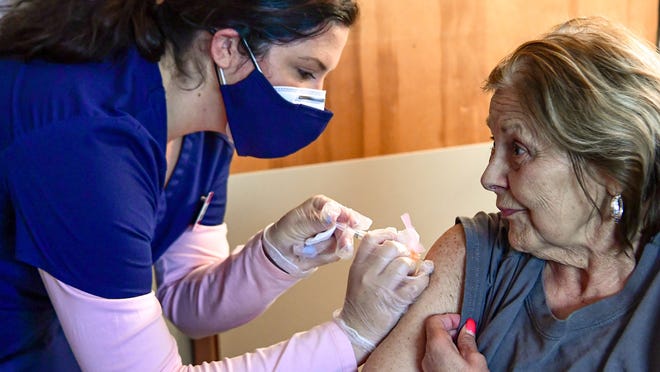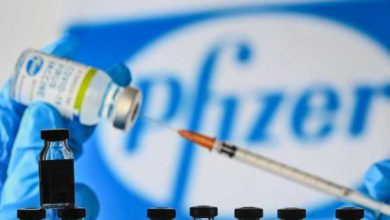
Subway is making headlines once again by launching a website intended to push back against critics claiming that its tuna sandwich isn't real.
The website, subwaytunafacts.com, established a tuna fact check where it stated that a recent New York Times investigation claiming that its tuna isn't real is a myth.
"What actually happened is that the New York Times commissioned a test that couldn’t detect tuna DNA in their sample. According to scientific experts, this is not unusual when testing cooked tuna and it absolutely doesn’t mean the sample that was tested contained zero tuna," the website states.
Fact check: Social media posts on Subway tuna DNA test lack context
It also cites a USA TODAY Fact Check, which rated that the investigation was missing context because different tests have detected tuna in Subway sandwiches and experts said canned tuna becomes denatured when cooked.
Subway CEO John Chidsey said in a CNN interview that the website "will take you through all the science."
"People love our tuna. We're very proud of our tuna, so I think that's really the end of the story," Chidsey said.
After a class-action lawsuit was filed in the U.S. District Court for the Northern District of California in January alleging that Subway's tuna is a "mixture of various concoctions," the New York Times launched an investigation to find out the truth.
Related: Is Subway selling real tuna or is it fake? Test finds no tuna DNA.
Reporter Julia Carmel wrote in her story that she used a commercial lab that could test a sample of tuna from different sandwiches across California Subways. Carmel found herself on the phone with a lab spokesperson that specialized in fish testing.
After sending tuna samples to the lab, Carmel received the results after a month of waiting: Either the meat was too heavily processed to be identified or there was simply no tuna DNA to begin with.
Subway's new website pushes back against the investigation, stating that additional information from the food DNA testing firm Applied Food Technologies shows that testing isn’t always conclusive when processing tuna.
"I say follow the science, and if you follow the science, once tuna is cooked, its DNA becomes denatured, which means when you go to test it, you can't tell one way or the other," Chidsey told CNN.
Source link







